Notocactus leninghausii Seeds pack of 20 seeds
₹199.00
Out of stock
Email when stock available
Notocactus leninghausii Description: Parodia leninghausii, still known in cultivation with its old name Eriocactus leninghausii, is a very popular cactus species appreciated because glistens under a haze of harmless golden spines and will produce silky yellow flowers, with a lovely reflection in the petals only when mature (5 years or so), but the blossom in summer is worth the wait. Sometimes, they present monstruous amd cristate forms.
Habit: It is a shortly columnar cactus that branches and will start to cluster from the base as it ages.
Stem: At first globular then columnar up to 60(100) cm tall, 8-12 cm in diameter, with an angled crown.
Ribs: About 30.
Spines: Harmless, golden and bristly.
Flowers: Near the top, 5-6 cm in diameter pure yellow, silky, shining with a lovely reflection in the petals.
Blooming season: It blooms only when mature (at least 20 cm tall) in Spring to late Summer. Blooms more than once a year.
Notocactus leninghausii Cultivation and Propagation: Frost Tolerant as low as -4°C (or possibly colder) but in cultivation it is best to avoid any frost when during the winter the temperature can go down to 2° C without any harm so long as the compost is very dry. During the summer it is best to keep the plants outside where the temperature can rise to over 30 C with no harm to the plant.
Allows good drainage and use a an open and free draining mineral compost that allows therefore roots to breath.
They like only a short winter’s rest and should be kept almost completely dry during the winter months, If the soil is allowed to be dry for too long root loss could follow but equally the same result would occur if the plants are both wet and cold. From March onwards the plant will begin to grow and watering should be increased gradually until late May when the plant should be in full growth.
Water regularly during the summer so long as the plant pot is allowed to drain and not sit in a tray of water. During hot weather you may need to water the plants more frequently so long as the plant is actively growing. From late September watering should be reduced to force the plant to go in to a state of semi dormancy, by October you should be back in to the winter watering regime.
Need full sun avoiding only the harshest summer sun, if kept too dark they may become overly lush and could be prone to rotting due to over watering, they will also be shy to produce flowers.
Feeding may not be necessary at all if the compost is fresh then, feed in summer only if the plant hasn’t been repotted recently. Do not feed the plants from September onwards as this can cause lush growth which can be fatal during the darker cold months.
Repotting should be done every other year or every three years, annual potting is not necessary. Do not be tempted to over pot as this will cause the unused compost to go stagnant and you may loose the plant.
Propagation: Seed sowing and cuttings.
Be the first to review “Notocactus leninghausii Seeds pack of 20 seeds” Cancel reply
You must be logged in to post a review.
FAQs
Related products
cactus and succulent seeds
Gymnocalycium mihanovichii seeds Variegated Seeds pack of 15-20 seeds
cactus and succulent seeds
Echinocereus Rigidissimus Rubrispinus cactus seeds pack of 20 seeds
cactus and succulent seeds
Thelocactus Hexaedrophorus Seeds rare Cactus Seeds Pack of 20 seeds
cactus and succulent seeds



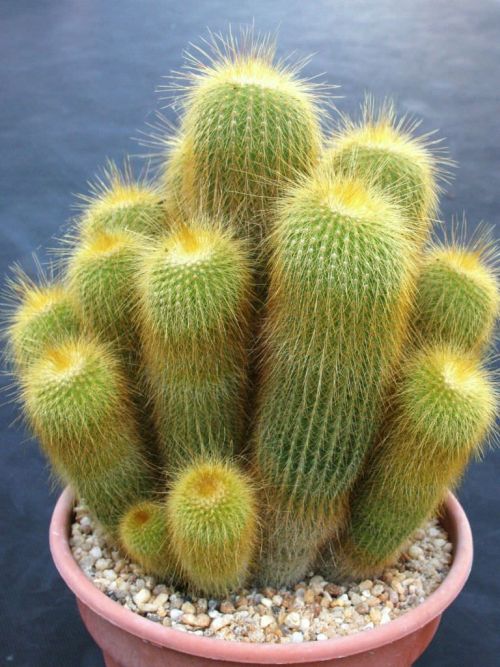
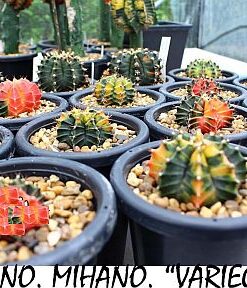
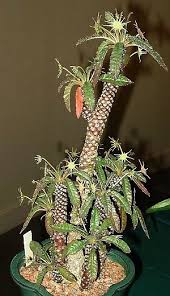
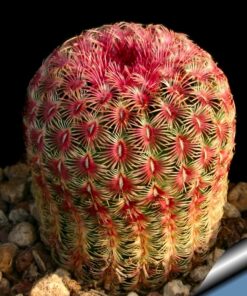
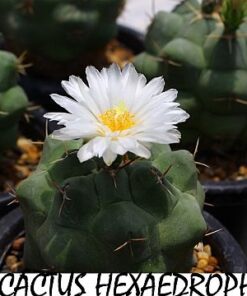
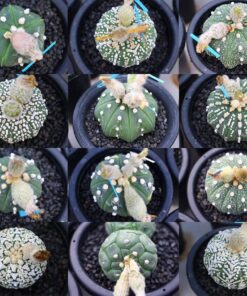
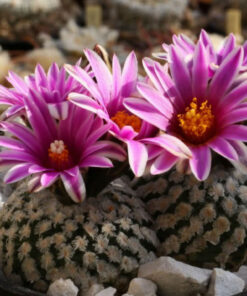
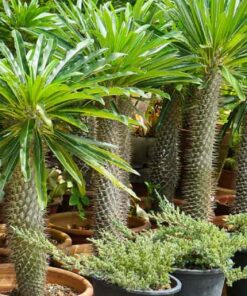
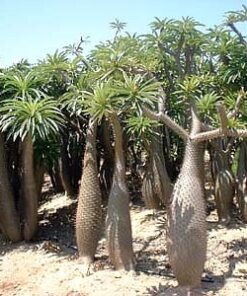
Reviews
There are no reviews yet.